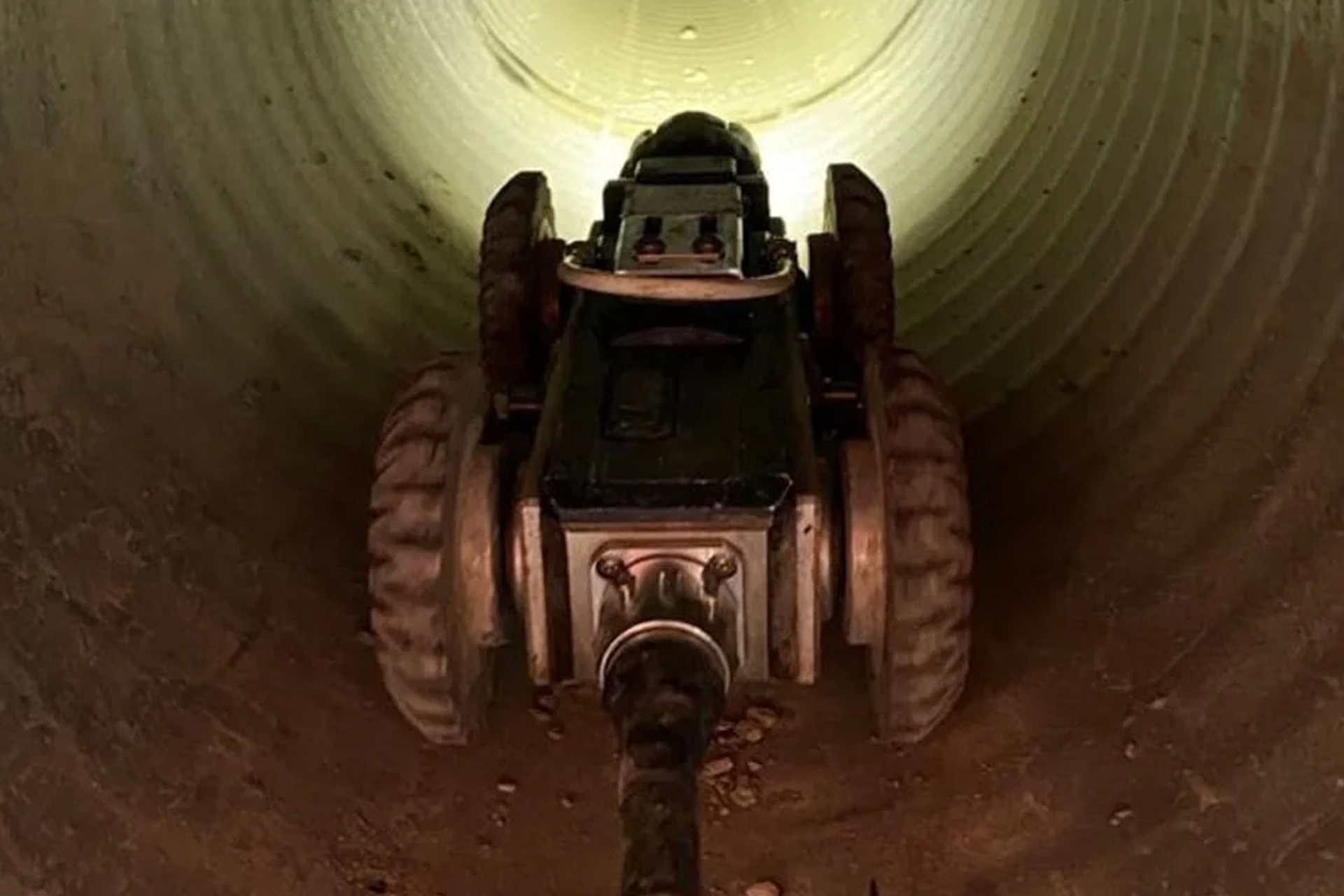Everything about Reclaim Waste
Table of ContentsIndicators on Reclaim Waste You Should Know4 Easy Facts About Reclaim Waste ShownOur Reclaim Waste StatementsUnknown Facts About Reclaim WasteNot known Details About Reclaim Waste
Explore the types, occurrences, and forms of fluid waste. Domestic sewer waste refers to the waste and products from a household sewage-disposal tank. This type of waste is produced by people in houses, institutions, and other structures. This only consists of septic systems that have a drainpipe area. The proper management and disposal of domestic sewer waste require fluid waste to be transferred to a sewer therapy plant where the proper methods and tools are put on purify and get rid of waste.
Industrial waste commonly includes prospective threats, such as combustible materials or a blend of liquid and solid waste items, and requires an advanced and detailed disposal procedure. The disposal of commercial waste normally includes the filtration of waste prior to transportation to ensure risk-free and correct disposal. Hazardous waste is developed from byproducts and runoff of commercial processes and manufacturing.
This type of waste can not make use of the very same sewage monitoring transportation or procedures as septic or commercial liquids. The industrial waste monitoring procedure requires the assessment and screening of fluid waste prior to it goes through the disposal procedure (liquid waste disposal). Drainage waste is the fluid waste that originates from drainage and excess stormwater in highly populated areas or cities
Overflow waste can trigger contamination and flooding otherwise taken care of correctly. Find out more regarding sewer cleansing and waste management. Making certain correct waste administration can stop calamities and decrease ecological harm. Both people in household setups and specialists in industrial or manufacturing sectors can profit from understanding the processes and policies of liquid waste monitoring.
Reclaim Waste Can Be Fun For Anyone
Contact PROS Solutions today to learn more about our waste administration and disposal services and the correct methods to care for the liquid waste you produce.
Do you understand what occurs to your water when you pull the plug, purge the bathroom or drain the cleaning device? No? Well, it deserves understanding. This so-called 'wastewater' is not just an essential resource yet, after treatment, will certainly be released to our land, rivers or the ocean. Used water from commodes, showers, baths, kitchen sinks, washings and commercial processes is referred to as wastewater.

water utilized to cool equipment or tidy plant and devices). Stormwater, a form of wastewater, is drainage that flows from farming and urban locations such as roofing systems, parks, yards, roads, paths and rain gutters into stormwater drains pipes, after rain. Stormwater moves neglected straight to local creeks or rivers, ultimately getting to the sea.
Some Known Questions About Reclaim Waste.
In Queensland, the majority of wastewater is treated at sewage treatment plants. Wastewater is moved from domestic or commercial websites through a system of sewage systems and pump terminals, known as sewage reticulation, to a sewer treatment plant.
The Department of Natural Resources encourages neighborhood governments regarding handling, operating and maintaining sewerage systems and treatment plants. In unsewered areas, city governments might call for owners to install private or family sewer therapy systems to treat residential wastewater from bathrooms, kitchen areas, shower rooms and laundries. The Department of Natural Resources authorizes the usage of house systems when they are confirmed to be efficient.
A lot of stormwater gets no treatment. In some brand-new subdivisions, treatment of some stormwater to eliminate clutter, sand and crushed rock has started using gross contaminant catches. Wastewater therapy takes place in four stages: Gets rid of strong matter. Larger solids, such as plastics and other things wrongly discharged to sewers, are removed when wastewater is gone through screens.
Makes use of small living organisms recognizes as micro-organisms to break down and get rid of staying dissolved wastes and great bits. Micro-organisms and wastes are incorporated in the sludge.
The Facts About Reclaim Waste Revealed
Nutrient removal is not available at all sewer therapy plants because it requires costly specialized equipment. Clear liquid effluent produced after treatment might still contain disease-causing micro-organisms - liquid waste disposal.

This typically means wastewater has to be dealt with or pollutants eliminated before it can be discharged to rivers. The majority of wastewater moves right into the sewage system. Under the Act, neighborhood federal governments carry out approvals and licences for environmentally relevant activities (Periods) entailing wastewater releases that may have a neighborhood influence. The division provides approvals and permits to Ages involving wastewater launches that could have a regional or statewide impact.
The 6-Minute Rule for Reclaim Waste
Tracking supplies factual information regarding water high quality and can verify that permit problems are being satisfied. The details gotten via surveillance offers the basis for making water high quality choices.
Comments on “Getting The Reclaim Waste To Work”